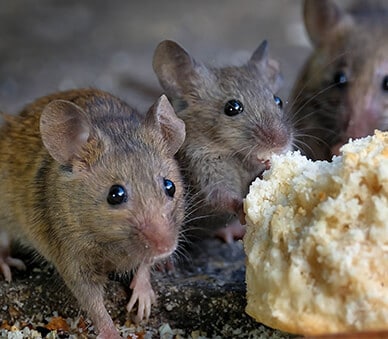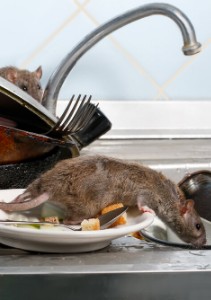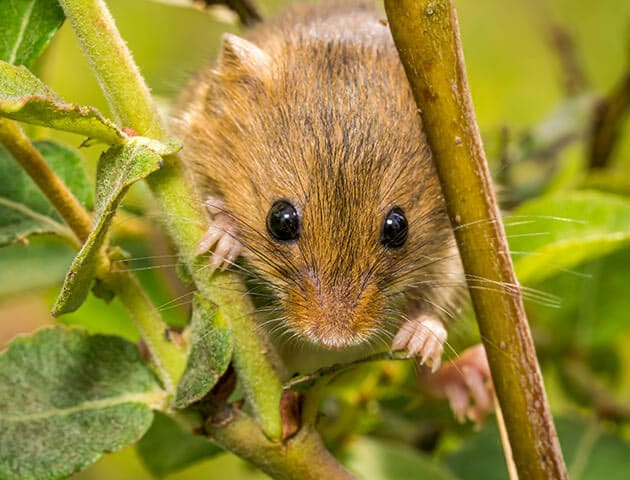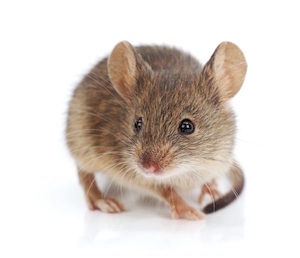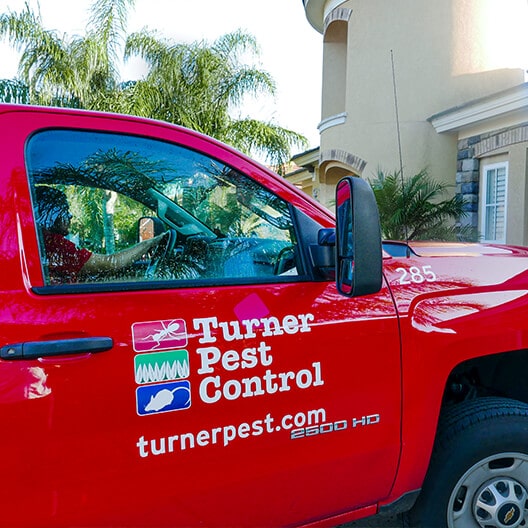FAST, EFFECTIVE EXTERMINATION OF MICE AND RATS
When you have rodent trouble, a solution can’t wait.

RODENT CONTROL THAT SOLVES TODAY’S PROBLEM AND PREVENTS TOMORROW’S.
A few rats or mice can quickly become a dangerous infestation. Call us at the first sign of rodent activity.
There’s no need to put up with even one mouse or rat in your home when our expert exterminators are just a call away.
Here’s what you can expect from our rodent control service:
NO COST INSPECTION
During a thorough inspection of your property, we locate all of the places where rodents may enter, nest, and travel through your home.
A TAILORED PLAN
Our analysis is the foundation for a plan that’s customized to your unique needs and to the severity of the infestation.
YOUR CHOICE OF TREATMENT
Every customer’s needs are different, so we offer you choices: a rodenticide in bait form, or snap traps that are safer for children and pets.
MONITORING
We place traps or bait in strategic locations throughout your home, then return at regular intervals to empty and relocate traps until your problem is resolved.
WE EXTERMINATE THE RODENTS YOU HAVE NOW AND PREVENT FUTURE INFESTATIONS.
If you need Ormond Beach rodent control, one call to Turner Pest Control will take care of the problem. Our experienced technicians will arrive prepared to take care of any immediate issues you have with rats or mice and develop a plan to keep new infestations from getting established.
EXPERT RAT AND MICE EXTERMINATION SERVICE
When you see a mouse or a rat in your home, it’s safe to assume that there are more you can’t see. It’s an unfortunate fact that rodent populations grow quickly—one female rat can reproduce as quickly as every 21 days—and the shelter, food and water in your home provide the perfect conditions for them to do just that. As soon as you spot a rodent, contact us to schedule an appointment. To exterminate the rats or mice you currently have, we will set baited traps, then we’ll inspect your home to locate entry points that may lead to a future infestation.
WHAT TO KNOW ABOUT RODENTS IN YOUR ORMOND BEACH HOME.
Signs of rats and mice: There are a number of signs to look for to determine whether you have rodents in your house, such as:
- Sounds of scurrying or squeaking in walls
- Sounds of running at night
- Evidence of gnawing or chew marks on packages of food, wood, cardboard boxes and other materials
- Attic insulation that’s been disturbed
- Piles of materials such as shreds of paper, fabric or stuffing from inside upholstered furniture and pillow, which rodents may be using to make nests
- Droppings in out-of-the-way areas, such as behind the refrigerator, in kitchen cabinets, under the sink or in drawers
- Holes chewed through drywall that are used as entry points
Measures you can take: Discouraging rodents from making themselves at home in your home takes a two-pronged strategy—close their entry points and don’t supply what they’re coming in for:
- Carefully inspect your home’s perimeter for any cracks or holes larger than a quarter of an inch. You may be able to seal the smallest openings with steel wool, while you may need to patch large holes on the interior or exterior with caulk, plaster or cement.
- Check screens and around doors and windows for entry points and replace weather stripping as needed.
- Look for and eliminate outdoor nesting sites. Clear away piles of mulch and leaves, and store piles of firewood or lumber away from your house and well above the ground.
- Keep trees, shrubs and foliage trimmed several feet from your house to do away with rodent “highways” into your home.
- Remove outdoor bird feeders while your home is being treated for an infestation.
- Remove their food and water by keeping garbage cans tightly lidded and removing any leftover pet food for pets you feed outdoors.
- In the kitchen, store all food in airtight containers, keep garbage cans sealed, and wipe up food and drink spills.
Be aware of health threats and fire dangers: Mice, rats and other rodents are more than just an annoyance or inconvenience. Several types of rodents can transmit diseases both directly and indirectly. Diseases they carry can spread by coming into direct contact with them or their droppings or urine, or even by inhaling dust that’s been contaminated with their droppings or urine. Diseases associated with rodents include salmonellosis, trichinosis, bubonic plague, hantavirus, and pulmonary fever, some of which are spread to humans by lice, fleas, mites and ticks that are carried by rodents.
Rodents can also damage your home by gnawing through wood joists and beams, and increase the danger of fire as they chew through electrical wires. They can even cause damage to your car by gnawing on the wiring in your vehicles to sharpen their teeth.
TYPES OF RODENTS IN VOLUSIA COUNTY
Common types of rats in the Ormond Beach area include roof rats and the Norway rat. Of these two types, Norway rats are larger—up to 16 inches in length—while roof rats are about eight inches long. Roof rats’ fur looks more smooth and sleek than that of Norway rats, which is rather shaggy.
The common house mouse is likely the type you will find in your home. Including its tail, the house mouse is only about 5.5 to 7.5 inches long.
WHAT TO KNOW ABOUT RODENTS
Some household pests are just annoying, but rodents pose a number of threats that make professional extermination a must.
DANGERS
Rodents can carry diseases that can be contracted by having contact with their feces, saliva, urine, or bodies, or by being bitten. They also indirectly spread disease through insects that have fed on them.
DIET
Mice and rats will eat any type of food they find. While they don’t consume wiring or wood, they chew them to sharpen their teeth or create nests. Chewed wiring in your home or vehicle can lead to a fire.
INFESTATION SIGNS
Even if you don’t see a rodent, you may see their signs: droppings along baseboards, in boxes, or where food is stored or prepared. You may see damage they’ve done to food packaging or hear them moving around.
PREVENTION
Keep rodents away by taking away their access to your food—store food in sealed containers that rodents can’t chew through. You should also find and eliminate their entry points, even those as small as a quarter of an inch.
EXTRA PROTECTION
Contact Turner Pest Control for premier rodent control and prevention

